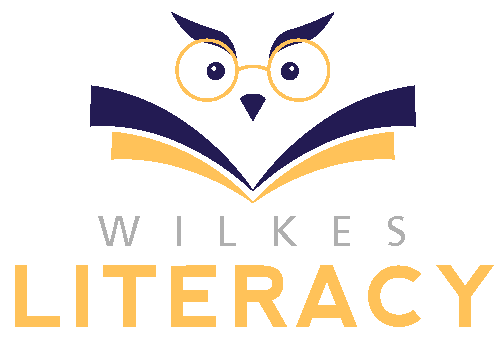What Is Health Literacy?
Health literacy is the ability to find and understand basic health and medical information and services so that you can make smart choices about your health. It plays an important – and often overlooked – role in our wellness. Low health literacy can often be a hidden cause of poor health. Studies have shown health literacy to be a better predictor of our wellness than age, income, race, or education level.
Health literacy plays an important role in your life because it impacts almost every aspect of your health and health care, including:
• Taking your medicine correctly
• Knowing what questions to ask your doctor (or even knowing that it’s okay to ask your doctor questions)
• Being able to choose the right cold medicine at the drug store
• Speaking up if the doctor hasn’t washed her hands, or if you need the nurse to repeat directions
• Making sense of nutrition labels on foods
• Understanding the benefits and risks of a treatment
• Comprehending the legal language in a consent form or other materials, such as a patient bill of rights or health proxy
If any of these things have confused you before, you are not alone. More than 90 million Americans suffer from low health literacy. It cuts across every racial, economic, and social boundary – and nearly all of us experience it at some point. In fact, health literacy is more likely to predict a person’s health correctly than age, income, employment, education level, and race (Journal of the American Medical Association). Many studies have shown that people with low health literacy are less likely to access screening and prevention services, take medications as directed, or find their way through the health care system.
Low health literacy is common – and it is costly. The annual expense to the country is estimated at more than $100 billion dollars.
The cost to the individual is harder to calculate, but low health literacy can impact us physically, emotionally, and financially.
Is Health Literacy Just About Reading?
Health literacy is not just about reading. Many people who have difficulty reading have high health literacy. The key is our ability to find information (be it from talking to a health care provider, online, taking a class or reading a pamphlet) and then being able to analyze or make sense of it and act on it. Health literacy requires many skills, but these specific skills can vary from person to person and situation to situation.
The good news is that low health literacy is treatable and beatable! Improving your health literacy is one of the cheapest, easiest, and most effective ways of improving your health. You can improve your ability to find and understand health and medical information with little or no cost to you. It’s easy to do. Check out our Health Literacy section on this web site to help get started on the road to higher health literacy!
Make sure to download Wilkes Literacy’s Tips for Talking with Your Doctor™ and Medication List™ to get you started!
Health Literacy website content and Tips for Talking with Your Doctor are used with permission from Say Ah!.

